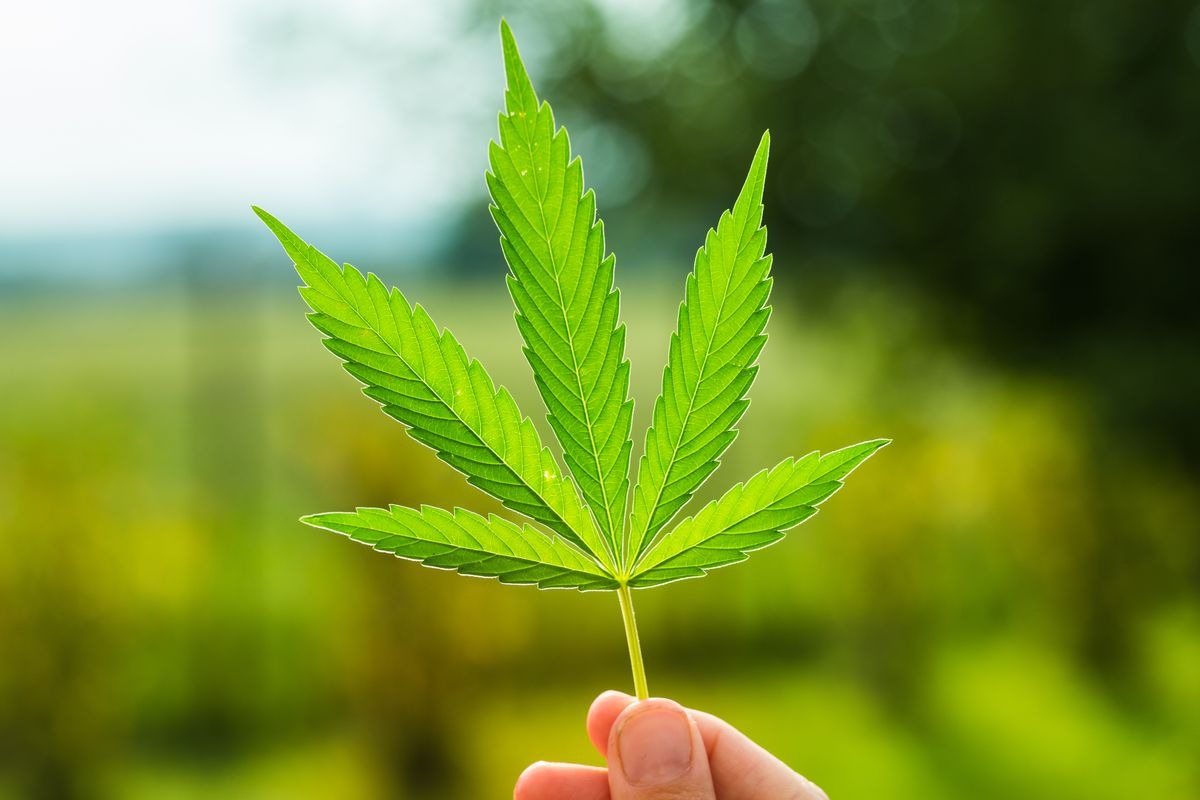The Justice Department’s recent recommendation to ease restrictions on marijuana represents a monumental shift in federal policy, reflecting evolving perceptions of the drug’s safety and medicinal properties.
While this move doesn’t entail the complete decriminalization of marijuana, it does signify a departure from the longstanding classification of the substance as a Schedule I drug, which has historically equated it with highly addictive and dangerous substances like heroin.

For over five decades, marijuana has been stigmatized and tightly regulated under federal law, hindering scientific research into its potential medical benefits and imposing severe penalties for its possession, distribution, and use.
However, as public opinion has shifted towards greater acceptance and legalization of marijuana at the state level, there has been mounting pressure on the federal government to reconsider its stance.
By recommending the reclassification of marijuana from Schedule I to Schedule III, the Justice Department is acknowledging the growing body of evidence supporting its therapeutic applications and recognizing that it poses a lower risk of addiction and harm compared to other controlled substances in the same category.
This reclassification could have far-reaching implications, opening the door to expanded research opportunities, improved access to medical marijuana for patients in need, and potentially paving the way for regulated cannabis products to be prescribed by healthcare professionals.
The Justice Department’s move aligns with broader efforts by the Biden administration to adopt a more progressive approach to drug policy and criminal justice reform.
In recent years, there has been a growing recognition of the disproportionate impact of marijuana prohibition on communities of color, who have been disproportionately targeted and incarcerated for non-violent drug offenses.

By relaxing restrictions on marijuana, the administration aims to address these inequities and prioritize harm reduction strategies over punitive measures.
However, it’s important to note that the recommendation to reschedule marijuana is just the first step in a complex regulatory process. Before any changes can take effect, the proposal will need to undergo thorough review and public comment, and it remains to be seen how quickly or extensively federal policy will evolve in response to these developments.
The Justice Department’s decision to recommend easing restrictions on marijuana marks a remarkable milestone in the ongoing debate over drug policy in the United States, signaling a potential shift towards a more rational, evidence-based approach that prioritizes public health and social equity.


